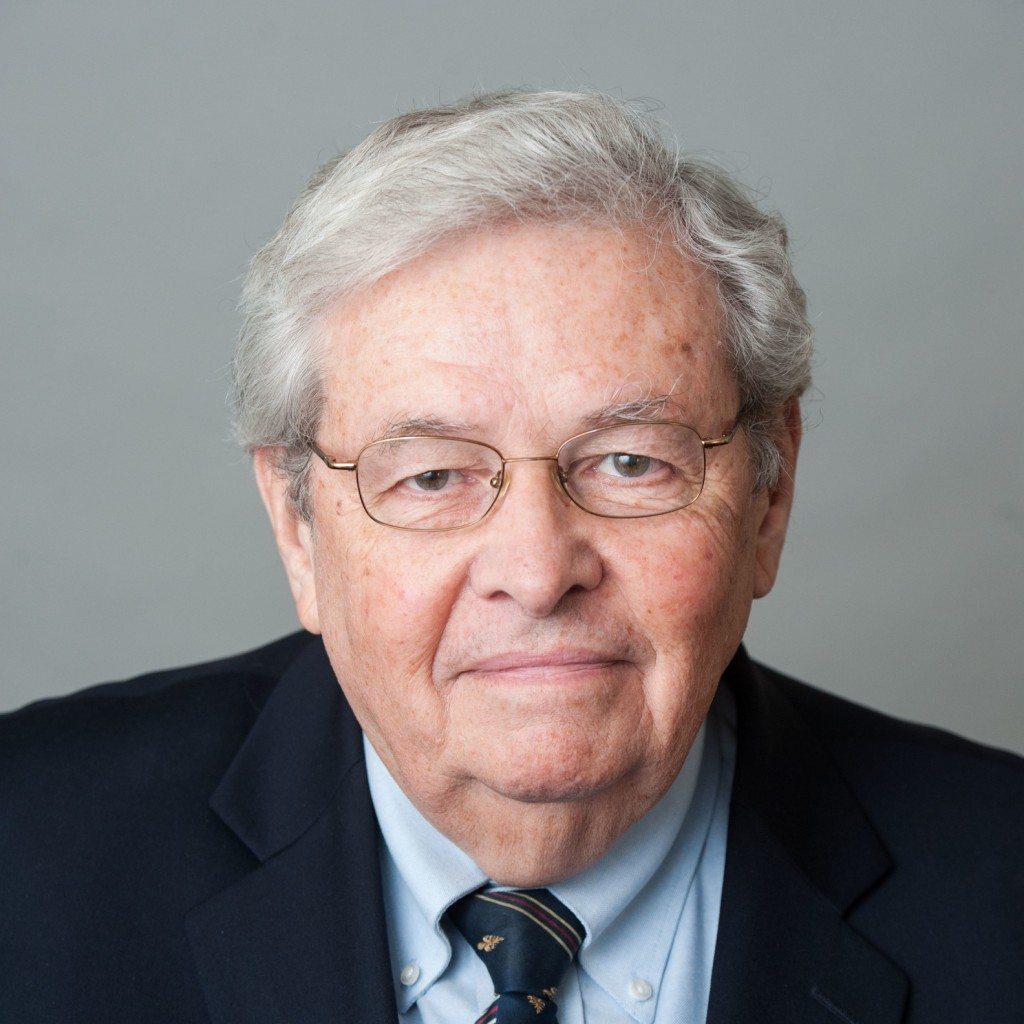by Lainie Friedman Ross, MD, PhD
On November 9, 2020, the bioethics community lost one of its pioneering and iconic figures, and I lost a mentor and friend.
I first met Bob in person in June 1991 when I participated in the Intensive Bioethics Program at the Kennedy Institute of Ethics at Georgetown University. Our meeting was not coincidental: I had called and requested to be in his small group weeks before the course began. Having no prior coursework in philosophy, I had matriculated into Yale University’s Department of Philosophy in September 1989, inspired by Paul Ramsey’s undergraduate course in Christian Ethics and his book, The Patient as Person (Yale University Press, 1970). I had promised myself I would read philosophy and medical ethics during medical school and pediatric residency (1982-1989), but both were 80+ hour commitments and I only read 2 books: Death, Dying and the Biological Revolution (Yale University Press, 1976) and The Patient as Partner (Indiana University Press, 1987), both by Robert M. Veatch. I was hooked by his arguments and his writing style and thought he could help me understand where Ramsey went wrong. While I had chosen to pursue a PhD in philosophy (and not bioethics), I needed some guidance in how to combine the two fields. The Intensive small group sessions were all I could hope for—affirming my choices in career and intellectual role model.
A decade would pass before our paths would cross again. In 2001, I had the privilege of writing an extended essay about his book, Transplantation Ethics which I called “a masterpiece of bioethics”. In my review for Perspectives in Biology and Medicine, I had one criticism:
Despite its length, my major criticism of the book is what it does not cover. The section of organ procurement focuses almost exclusively on cadaveric transplantation, when in 2000 approximately 40 percent of all transplants use living organ sources, and living sources represent the faster growing supply of organs. Nevertheless, in the one chapter that Veatch discusses living donors, he accomplishes a lot (p. 627).

Little did I know that Bob would invite me to be his co-author for the book’s second edition. (Veatch RM, Ross LF. Transplantation Ethics, 2nd ed. Washington DC: Georgetown University Press, 2015).
Bob has been an important voice in the field of bioethics for over 50 years. He was the first staff member of the Hastings Center (originally the Institute of Society, Ethics and the Life Sciences) where he worked from 1970-1979. He spent the rest of his career at the Kennedy Institute of Ethics at Georgetown University, including 7 years (1989-1996) as director. He retired in name only in 2015. At Georgetown, he also held appointments in the Department of Philosophy, Community and Family Medicine, and Obstetrics and Gynecology. He served as a visiting professor every summer for over 25 years at St. George’s Medical School in Grenada where he was the Distinguished Service Award recipient in 2014. Bob has written, co-written, or edited over 45 books and over 100 peer-reviewed articles. He has been a mentor, colleague and friend to many. He was enormously generous to all who sought his advice. He would sometimes copy me on conversations he was having with physicians and philosophers across the globe on various topics that he thought I would find of interest or where I might have something to add.
Bob was a brilliant thinker and a prolific writer in so many areas of bioethics. His legacy includes his work on justice and equality for those with cognitive disabilities, his belief that respect for patients and research participants means respect for their decisions about their bodies and their treatments, and his advocacy for people to choose the criteria by which they are declared dead. Bob and I were still engaged in discussions about questions arising from our second book Defining Death: The Case for Choice (Georgetown University Press, 2016) in late October of this year. Bob had been invited to serve as an Observer to the Uniform Law Commission (ULC) which is deliberating about whether to revise the Uniform Declaration of Death Act (UDDA), originally adopted in 1981. Bob had declined to participate on the ULC given his recent health problems. I discussed with him what I could hope to achieve in my capacity as an Observer. On October 31, 2020 he sent me an email:
“I think this is our opportunity to push the concept of choice–that there are three plausible choices depending on one’s understanding of what it means to be dead. The fact that some states are exploring this, especially New Jersey, should force the commission to come to terms with choice.”
I was going to end with Bob’s own words, as befitting a scholar who highly valued autonomy. But as I was editing, I glanced at our last book, Defining Death which we dedicated to our spouses. I had originally suggested that we dedicate the book to Ann B. Veatch and John L. Ross with the inscription, “Until death do us part” which seemed appropriate for a book on death. Bob immediately objected stating while he thought John L. Ross was likely a fine person, if I were to die first, he did not want to be beholden to him. Only Bob, I thought, and then suggested, “until death do us part, respectively”. I was not to win. We finally agreed upon the inscription: “with gratitude and affection for sharing the journey”. Today I realize that this inscription is apropos for both my spouse and my co-author.
Bob, you are missed.